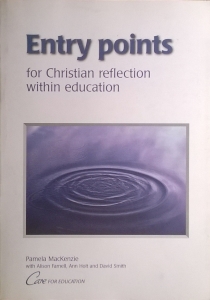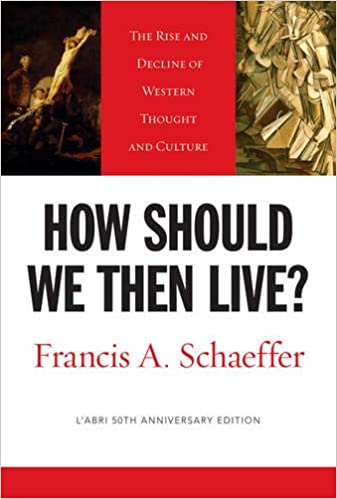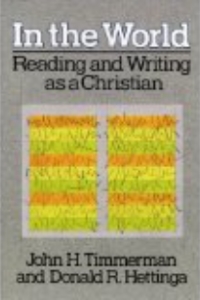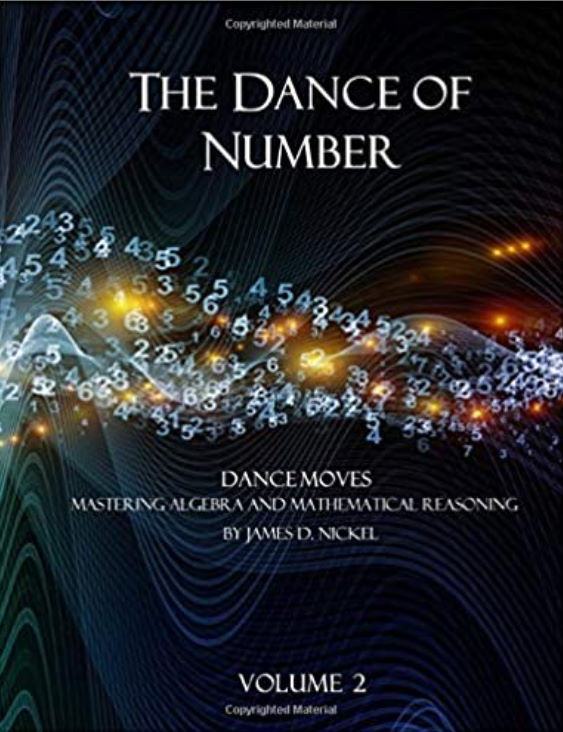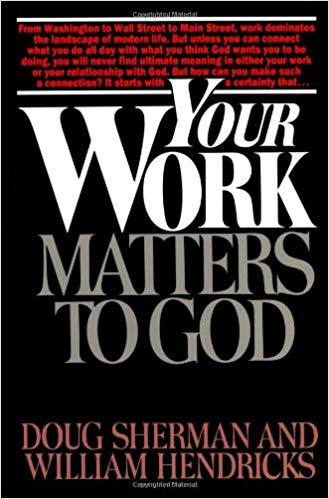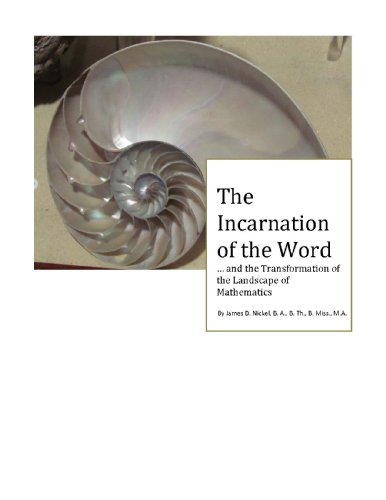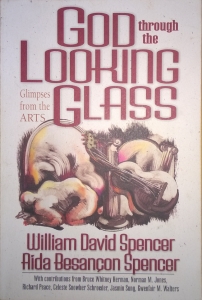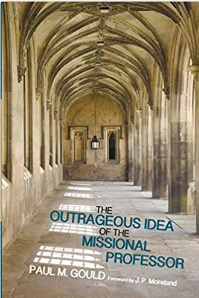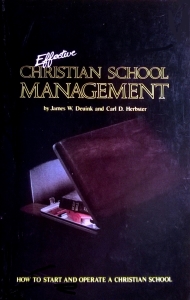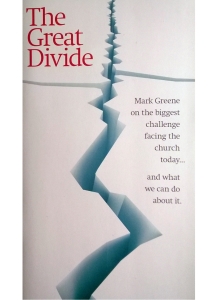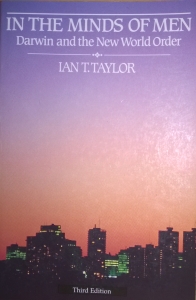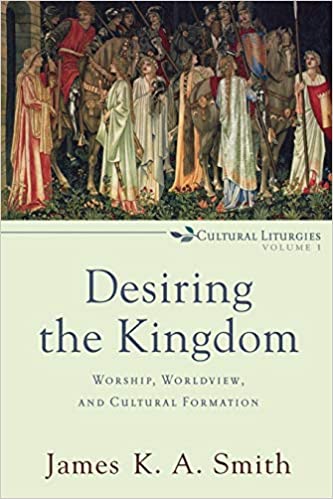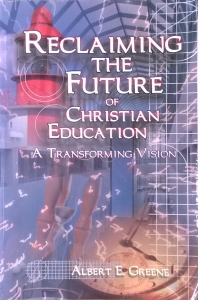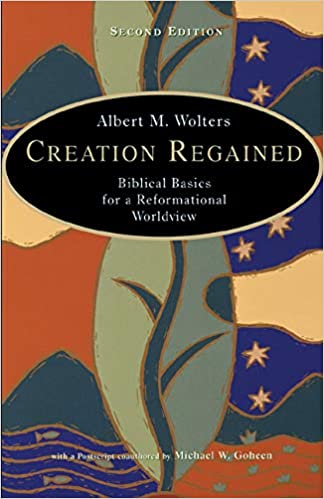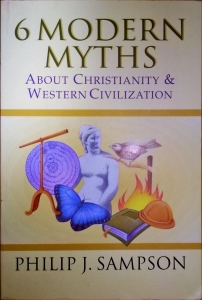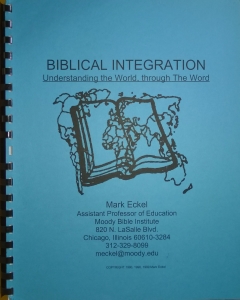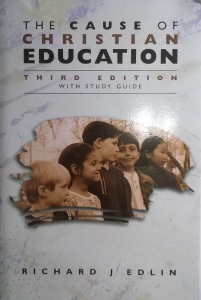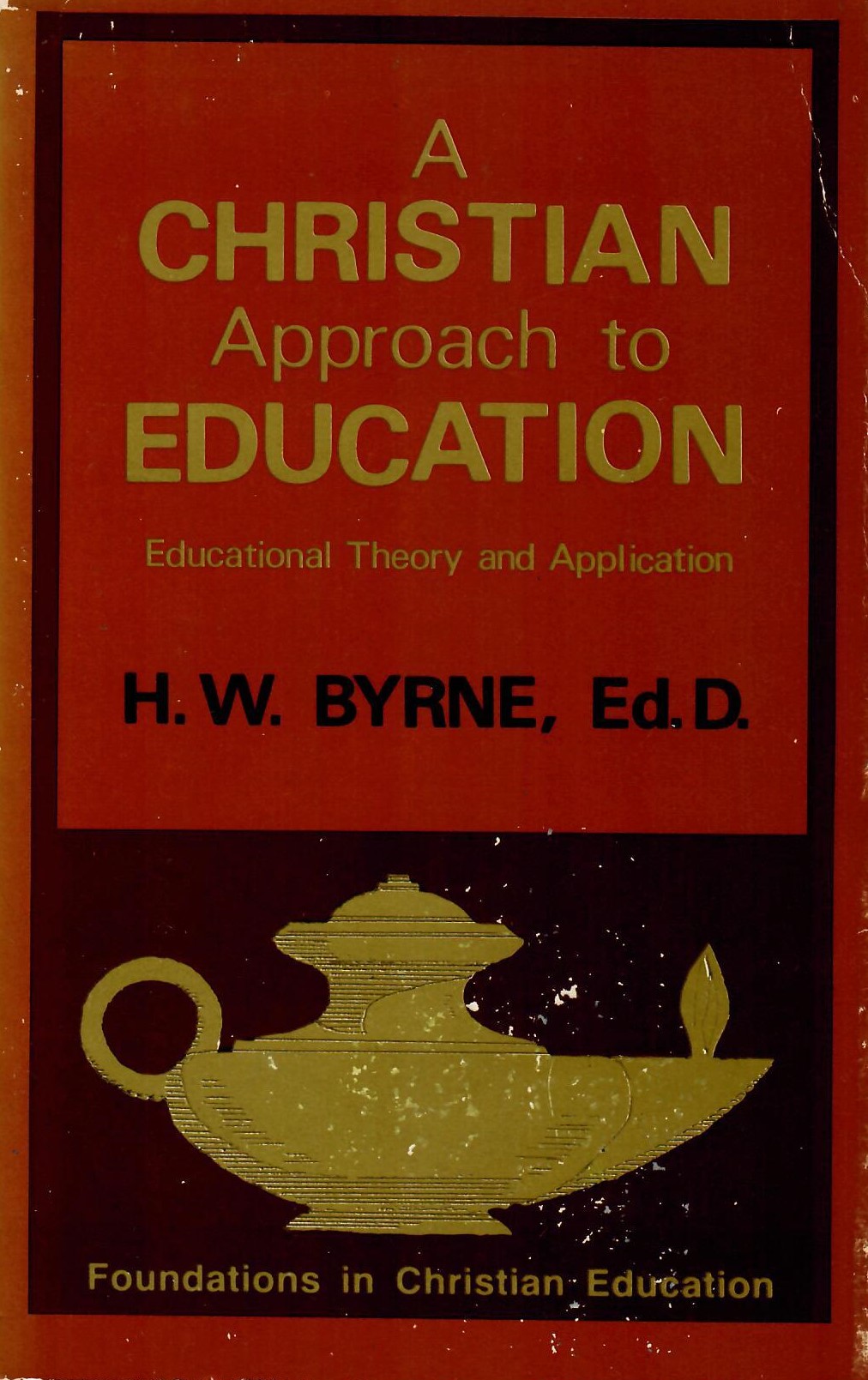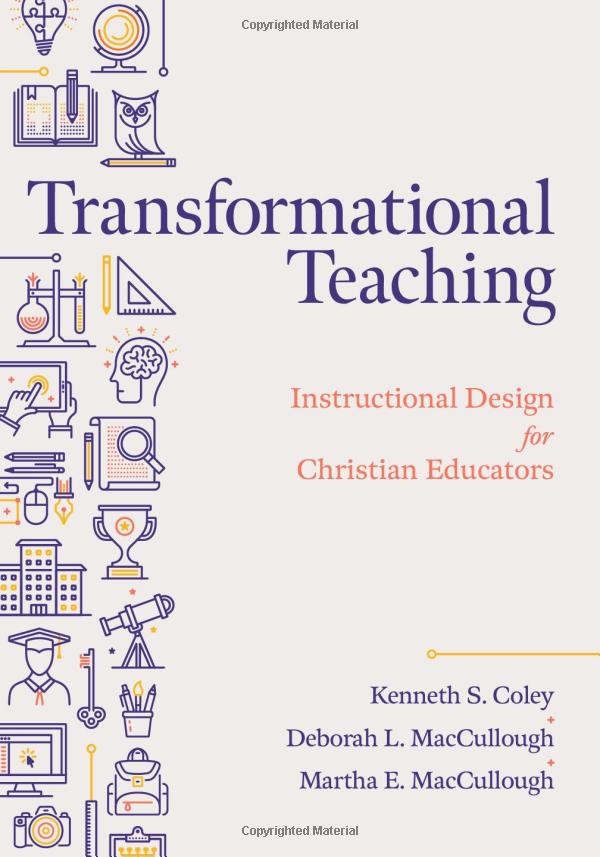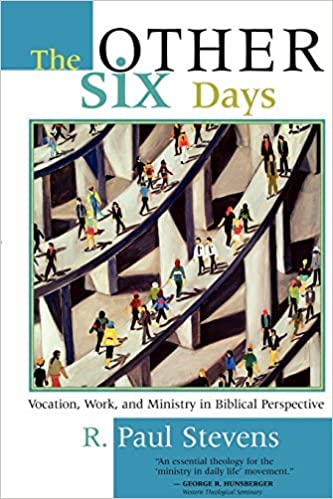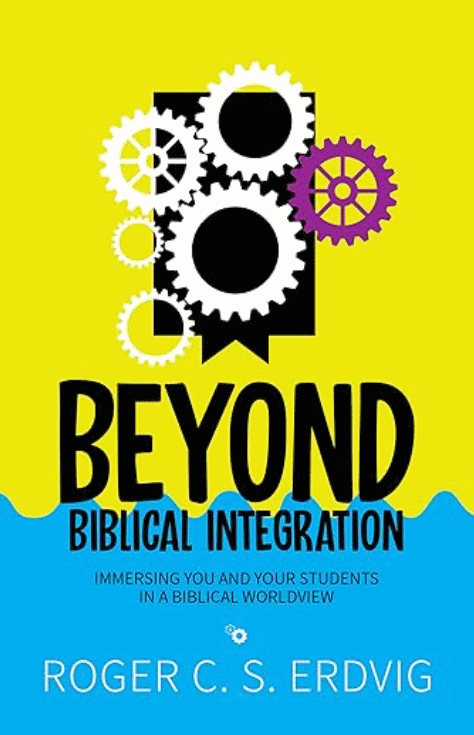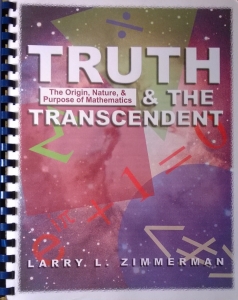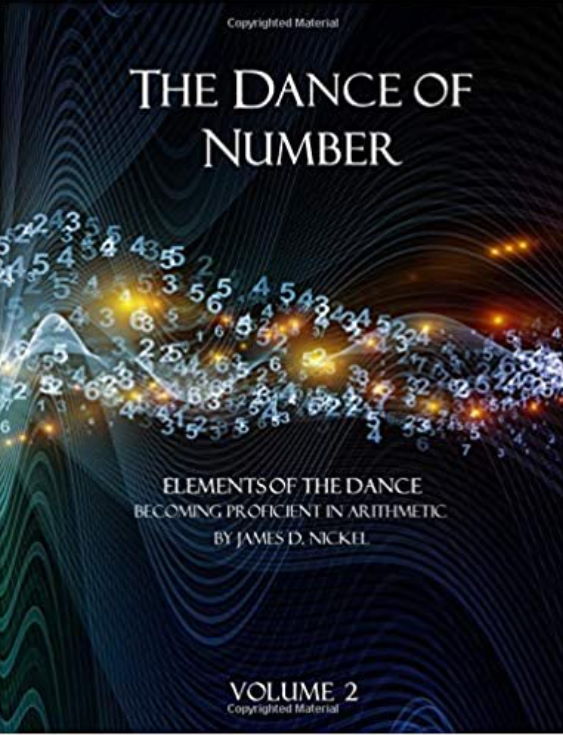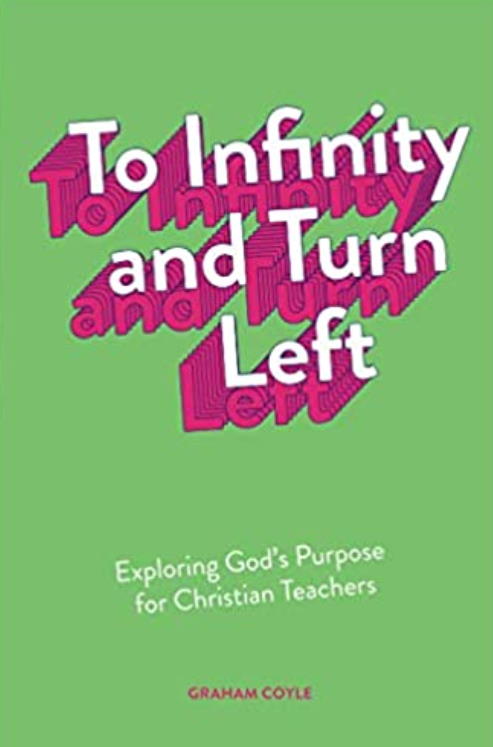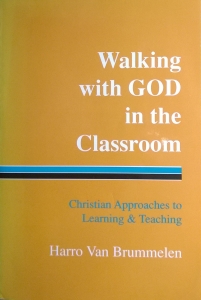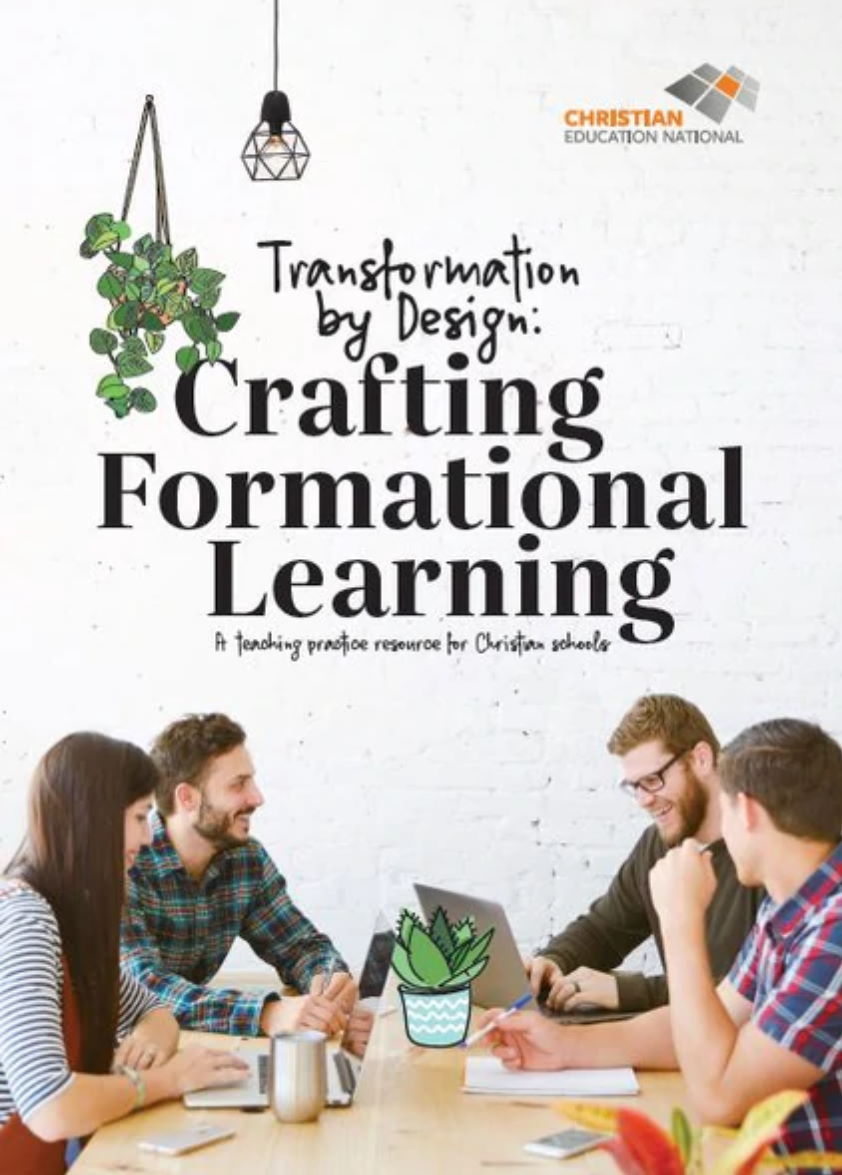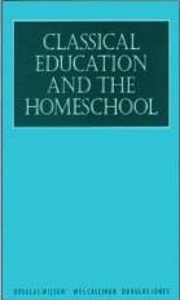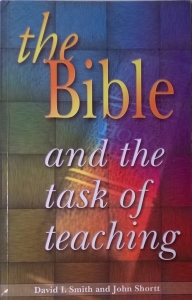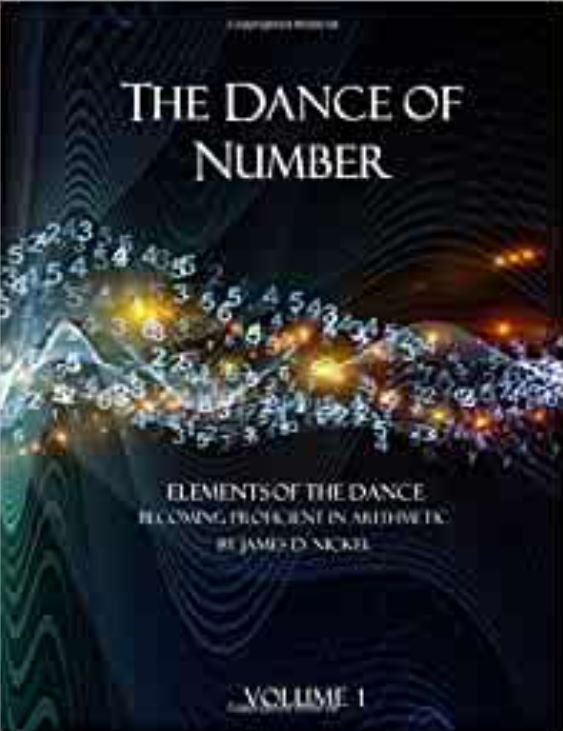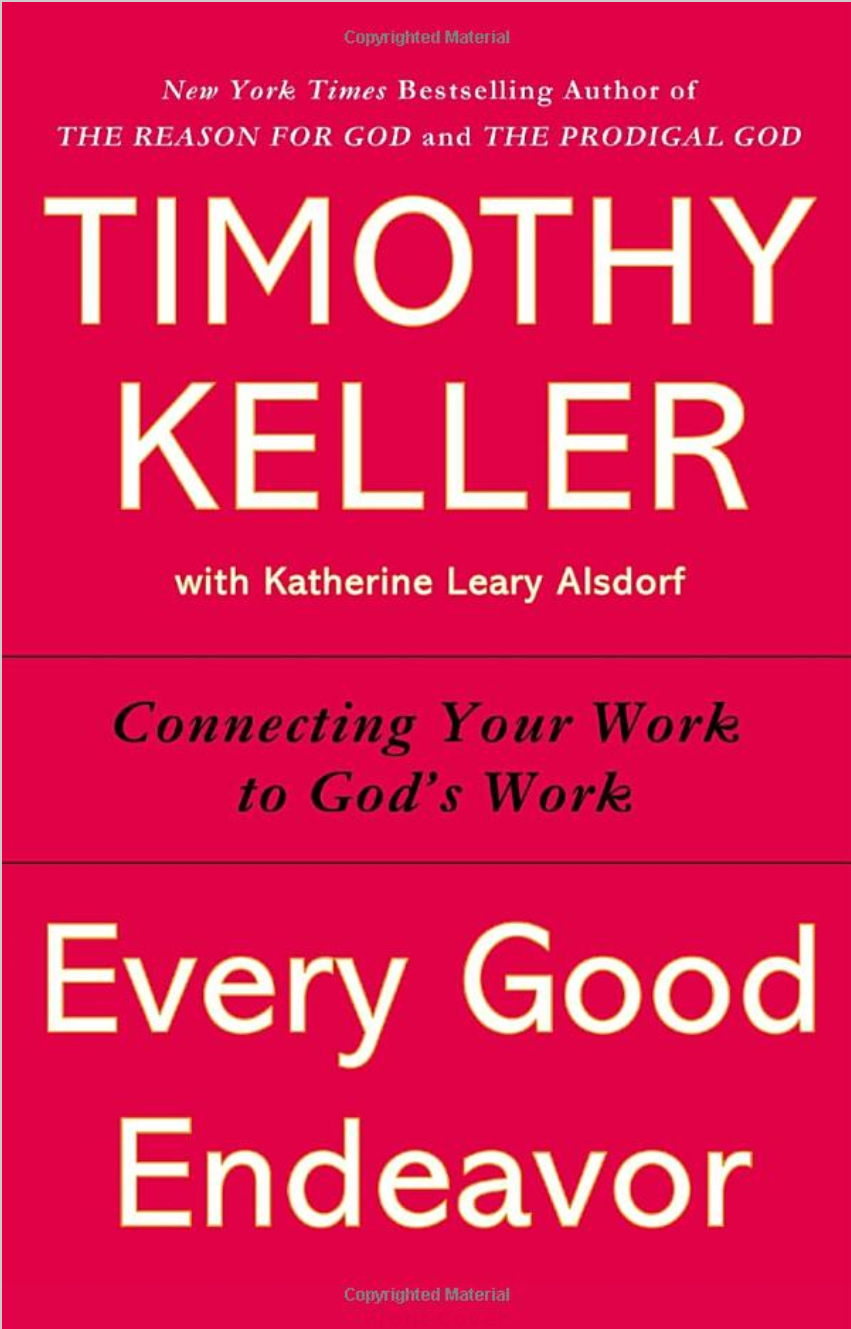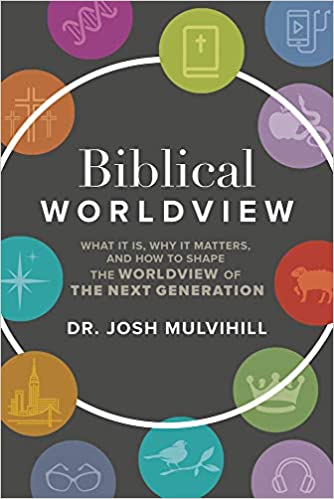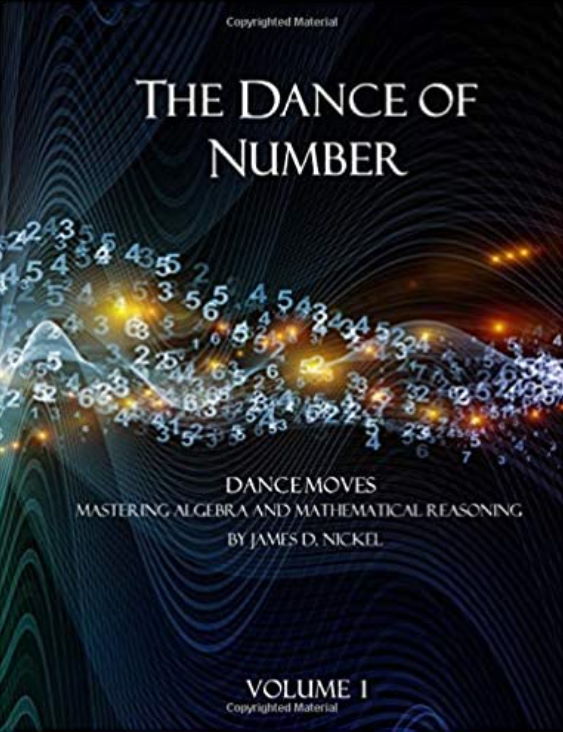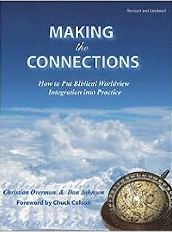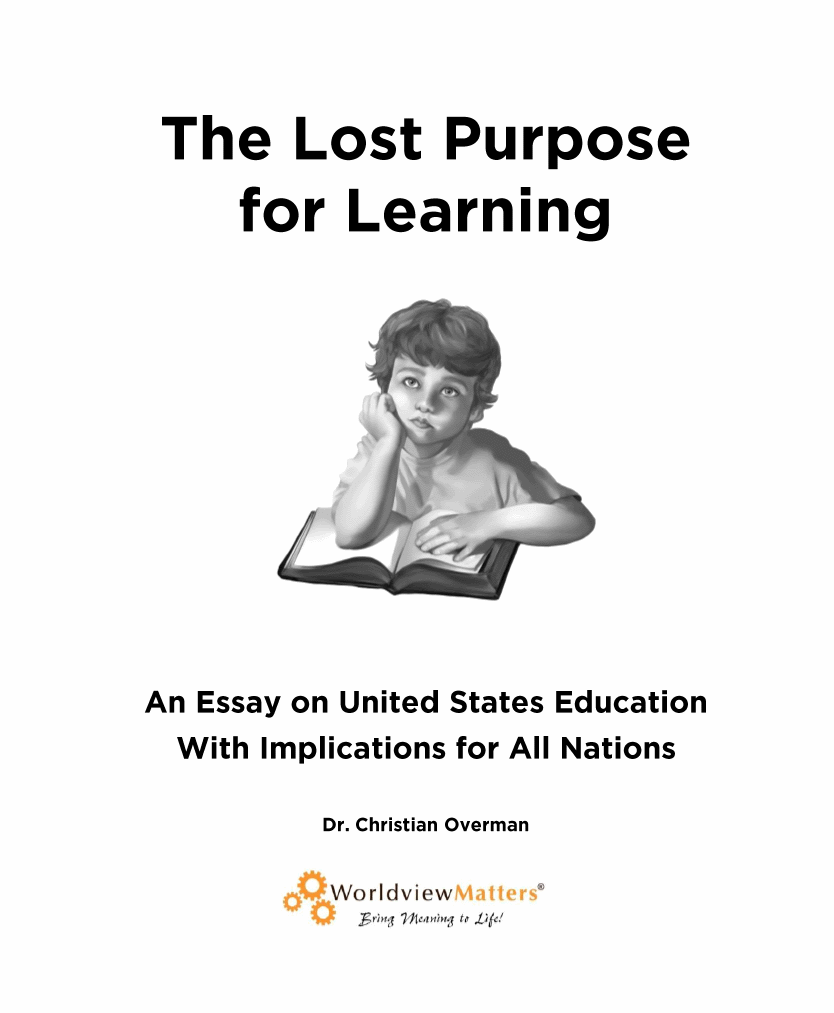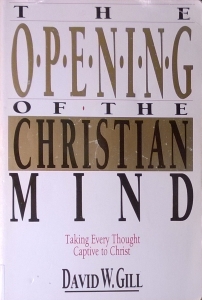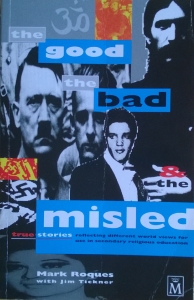By Philip J. Davis
“When all the impermanencies of the world are considered, when one thinks of vast empires that have fallen, of religious beliefs and customs consigned to the ash-heaps of time, of facts and systems of science patched up as a result of body blows received from pummeling nature; when one sees day-to-day arrangements of life changing rapidly even as we live in them, in what quarter are we to find a yearned for permanence? One answer has been-and it has been an answer for a very long time indeed - mathematics. It is asserted that the proven statements of mathematics are true and indubitably so; that they are universal, that their truth is independent of time and of national (or even intergalactic) origin. These are commonly held views; and since they are by no means self-evident, they have naturally been the subject of discussions for rather a long time. Such discussions have, over the years, constituted a good fraction of what is called the philosophy of mathematics. In the opinion of the writer (and of many observers of the mathematical scene) these views are naive and lead to a picture of mathematical activity that is inadequate.”
From “When a Mathematician Says No,” Mathematics Magazine, Volume 59, Number 2, Pages: 67-76
